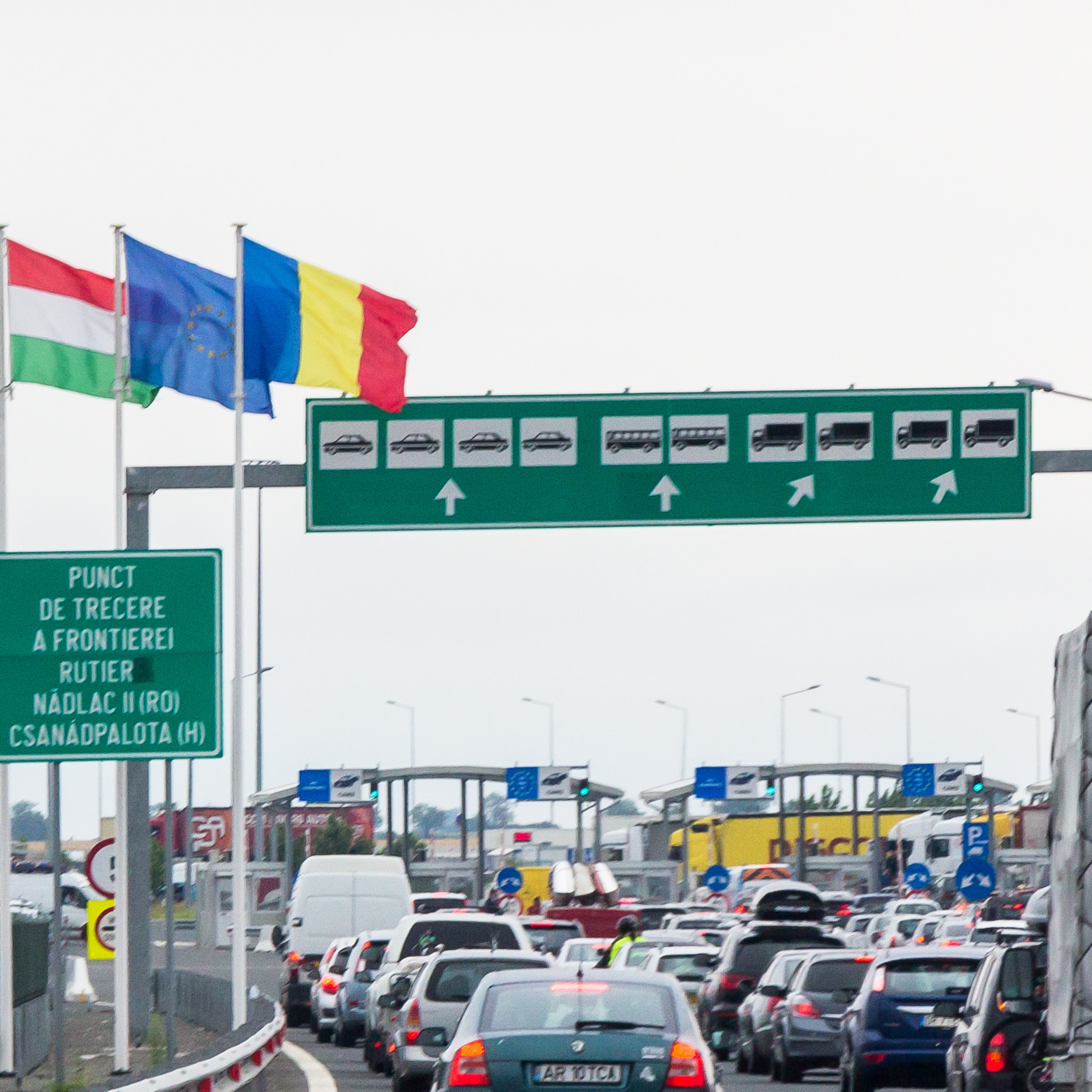
02
January
Schengen area: Bulgaria and Romania
On 1 January 2025, Romania and Bulgaria became full members of the Schengen area. This is because permanent controls at their land borders with other European Union countries were abolished. Earlier, in March 2024, they ceased at the maritime and air borders of these countries.
The decision to fully integrate the two countries into the Schengen area was taken on 12 December 2024 by the Council of the European Union, after the last of the opposing states - Austria - withdrew its long-standing veto blocking the process. Previously, Vienna had argued its position with concerns over the insufficient protection of Romania's and Bulgaria's borders against illegal migration.
The full entry of Romania and Bulgaria into the Schengen area is important for their economies, facilitating the free movement of people and goods, which can contribute to increased trade, tourism and overall economic development. For the citizens of these countries, it also means the end of the feeling of being ‘second-class’ members in the European Union.
It is worth noting, however, that despite the full integration of Romania and Bulgaria into the Schengen area, temporary, random checks will be carried out at the Romanian-Hungarian and Romanian-Bulgarian borders - similar to those encountered at border crossings with Germany.
The enlargement of the Schengen area to 29 countries is also seen as a success for the European Union itself, especially in the context of tensions related to the aforementioned actions of some member states as a response to the migration crisis.
Author: Szymon Kamiński
based on information available in industry materials